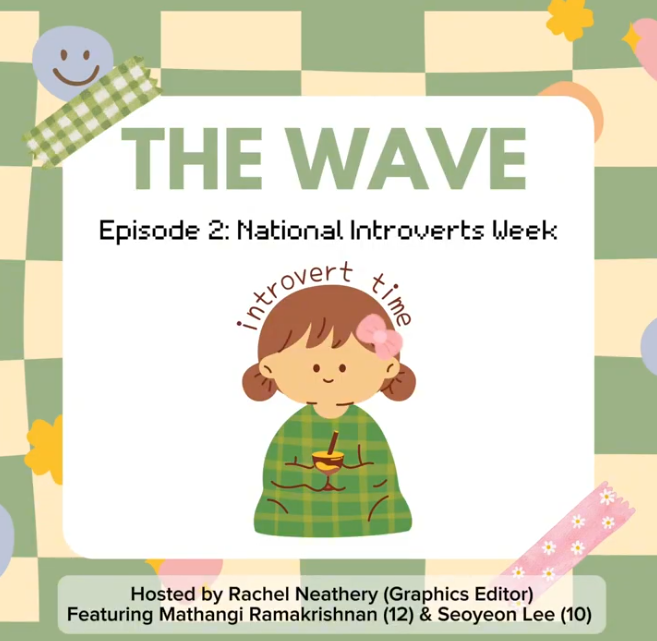Employees of an apathetic company journey through abandoned stations brought to life through the creatures lurking in darkness. While players are only looking to collect a paycheck, much like the planets themselves, there’s more to see under the surface of “Lethal Company.”
Zeekerss is the sole developer of “Lethal Company,” which was released only to Steam on October 23. Despite being created by only one person, the game has great foundations, which will only be improved as it is currently still an early access game. According to a Zeekerss update on Steam, the full game will be released by April; However, the release date may change if they are unsatisfied with the final product.
Lobbies can consist of up to four players, with a group fund for players to purchase equipment or decorations. These funds can also send players to new locations where players can find more resources albeit with more dangerous monsters lurking around corners. If players die along the way, the equipment remains with the body after their death. The remaining players have to decide whether recollecting equipment is worth the risk or if they will leave their gear behind.
Inventory space is also restricted, as players are only able to hold up to four items at a time. In most cases this results in players bringing limited equipment and having to make multiple trips into the facility.
The monsters in “Lethal Company” range from bugs that steal your items to indestructible biological weapons of war, known as Coil-Heads. These are one of the more interesting monsters in the game, with mysteries surrounding the creature’s habit of replacing their victims’ head with a coil, along with their invincible nature building towards the theory of them being weapons. Each of the monsters has a unique gimmick, causing a terrifying first encounter.
Players can scan enemies to receive a bestiary, which gives hints as to what players can expect from these monsters. These bestiaries add another layer to the risk versus reward gameplay, as players will need to get close to the monsters in order to find the best way to work around them on subsequent missions. Through these bestiaries, players can uncover one of the many hints at the lore behind the game. Journal entries found on the bases hint at a character who wrote all the information for players. While workers will presume the company wrote these to warn employees, this discovery adds another unnerving layer to the game. The apathy shown by the company creates a bond between team members as there’s no safety net.
That bond with players is persistent throughout the game, with communication being a key role in traversing the area. “Lethal Company” utilizes proximity chat to limit player interaction. Despite the game being developed by one person, the proximity chat is at a higher quality in comparison to other recent high budget games. For instance, Red Barrels’ “The Outlast Trials” has their own proximity chat, but once players are out of range, the microphone automatically changes to walkie-talkie. With auditory and visual cues informing players of what is happening around the map, players do not have to fear what’s going on in other parts of the map as the game always lets them know. “Lethal Company” utilizes proximity chat to create confusion for players. Silence is an alarming sign, as death can come at any moment, either from monsters or the environment. The only way to talk to players at a distance is with the walkie-talkie, but ignoring advice from teammates can be lethal, costing players their lives but more importantly, equipment.
If players are unable to collect valuable materials to meet the quota by the end of the three day period, players are fired and have to restart the game from the beginning. This system is somewhat similar to roguelike games where players lose all belongings upon death. While players keep bestiaries, all the equipment and money gained throughout the playthrough is lost. As the quota gets increasingly high with each mission, players are tasked with one-upping themselves until there’s no possible way to complete the task. The lack of an ending is underwhelming, especially considering the mystery behind the wall at the company building. Although, the developer intended for the experience to be infinitely replayable. Asking for a complete narrative would go against the intentions of the creator and may be unreasonable at this stage in the game’s life. The game could benefit with a definitive ending later in its life cycle to satisfy long-time players.
“Lethal Company” is a major achievement for Zeekerss and the indie community as a whole. Though unpolished in places, the passion from the creator shines through, resulting in one of the best horror comedies in recent memory.








